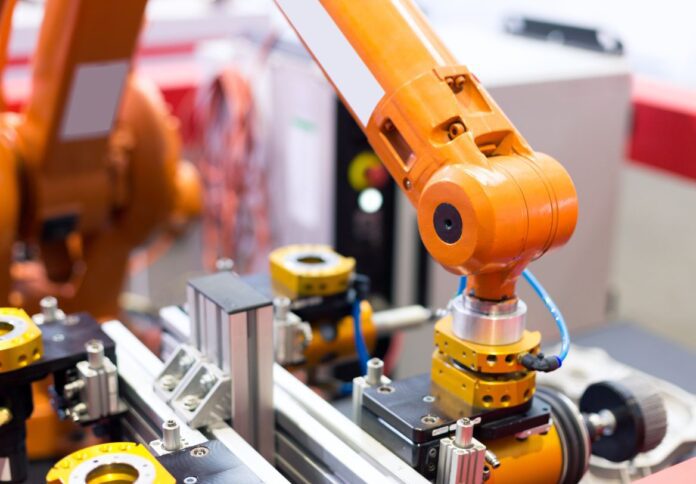
Sponsored Content for SugarCRM
The global manufacturing sector is witnessing a seismic shift in its automation approach as companies worldwide, big or small, grapple with the ongoing labour shortage and skills gap within the industry.
Looking at the smart manufacturing capabilities available today, Australian manufacturers may have one thing in mind: how can they tap into this seemingly endless and elaborate web of opportunities to boost innovation and efficiency?
According to SugarCRM, a leading customer relationship management (CRM) solution provider, integrating enterprise resource planning (ERP) system and CRM may hold the answer to this.
Transforming information into profit
A critical component of an efficient and smart manufacturing operation is using data to increase profitability significantly.
However, to get a holistic view of operations, from customer engagement and sales to production and inventory management, manufacturers need a seamless synergy between their ERP and CRM solutions. This combination is vital in providing manufacturers with a holistic view of their operations, from customer engagement and sales to production and inventory management.
In a whitepaper, SugarCRM highlighted its mission to provide an easy path towards ERP-CRM integration, eliminating data silos and enhancing cross-departmental collaboration. This bridge can empower manufacturers to quickly reap the benefits of a unified system, enhancing operational efficiency, improving customer satisfaction, and driving innovation.
Data – one of your greatest underutilised assets
Integrating CRM solution like SugarCRM with ERP system is critical in modernising operations and bringing customer interactions to the next level. However, the ultimate goal of CRM extends far beyond the mere collection and integration of data. It aims to transform a wealth of information into tangible sales motions that will increase sales efficiency, revenue and profitability. , This requires a nuanced approach to data utilisation.
According to SugarCRM, sales representatives should not need to waste precious time manually looking into vast amounts of invoices and extensive purchase histories. This task is an opportunity for the CRM to take over and leverage the computational capabilities of ERP, databases, business intelligence, and artificial intelligence.
Synergy at its core
One of the most significant advantages of integrating CRM solution with ERP data is the ability to identify relationships between different products based on historical sales data and customer preferences.
This information ensures that sales representatives are focused on the right opportunities and enable them to provide customers with the most accurate information. As a result, sales representatives can forge stronger customer relationships that help maximise their revenue, profitability and customer satisfaction.
Surveys have shown that increasing automation and introducing smart manufacturing technologies are among the priorities of business leaders today. This paints a clear picture of what life currently looks like for manufacturers and what the future holds, not just for the Australian industry but beyond.
Manufacturers know they must take their digital transformation initiatives to the next level. To read more about the critical link between ERP data and CRM processes, tap into SugarCRM’s guide on “Connecting the Manufacturing Value Chain” here.
SugarCRM is hosting a webinar that will dive deep into the role of CRM in the manufacturing industry.
Featuring special guest speakers from Speedpanel Pty Ltd and a leading industry analyst from Forrester, Inc., the exclusive webinar will highlight what life is like for today’s smart manufacturers and what they prioritise for true customer-centricity.
Learn firsthand how business leaders in the industry can leverage emerging technologies for maximum efficiency and profitability. For more information and registration, click here.



















